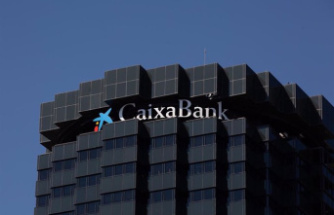Of the 19 protesters arrested after Trump's inauguration in January in downtown Portland, prosecutors have dropped their pursuit of criminal charges against 15.
As of arraignment hearings held earlier this week, criminal misdemeanor or felony cases are proceeding against three protesters: one because he's accused of spitting on detectives and two others because they previously had been arrested during a first round of protests after Trump's election in November. A fourth person's case is still under review for possible prosecution.
The 15 whose criminal cases have been dismissed have been given $260 citations, similar to traffic tickets. They can either pay them or contest them to trial. The trials are expected to last less than an hour and up to a few hours, and they represent a significant time saver for prosecutors, judges, clerks and the police officers who would be called to testify.
All 19 protesters who were arrested on Jan. 20 or Jan. 25 were demonstrating against Trump's inauguration or police treatment of them during the Trump protests.
Haley Rayburn, Multnomah County deputy district attorney, said her office decided to pursue citations against most of the arrested -- under allegations of failing to obey police or blocking traffic in downtown -- because they didn't have a history of lawless conduct at protests or didn't act out extreme ways, such as spitting on police.
"From a sheer resources perspective, we can't prosecute each one of these cases," Rayburn said.
Rayburn said police remedied a problem that arose after they arrested 120 people during six nights of Portland protests immediately after the November election. Within two months, prosecutors had dropped criminal charges against at least 100 of them. That's in large part because officers wrote incomplete police reports about a range of alleged behavior, from protesters refusing to disperse or marching on freeways to anarchists who shattered windows, vandalized cars, threw bottles and set fires, the DA's office said.
As a result, prosecutors weren't able to determine which officers saw specific protesters violating the law, said Kirsten Snowden, chief deputy district attorney in Multnomah County.
Prosecutors then spoke with police, and at the January protests, vague police reports weren't a problem, Rayburn said.
Rayburn stressed that in the future her office will treat people with a history arrest at past protests more seriously than those who've been arrested for their first offense.
"If you continue to do so, we will prosecute you at a criminal level," Rayburn said.
-- Aimee Green
agreen@oregonian.com
o_aimee
Our editors found this article on this site using Google and regenerated it for our readers.













